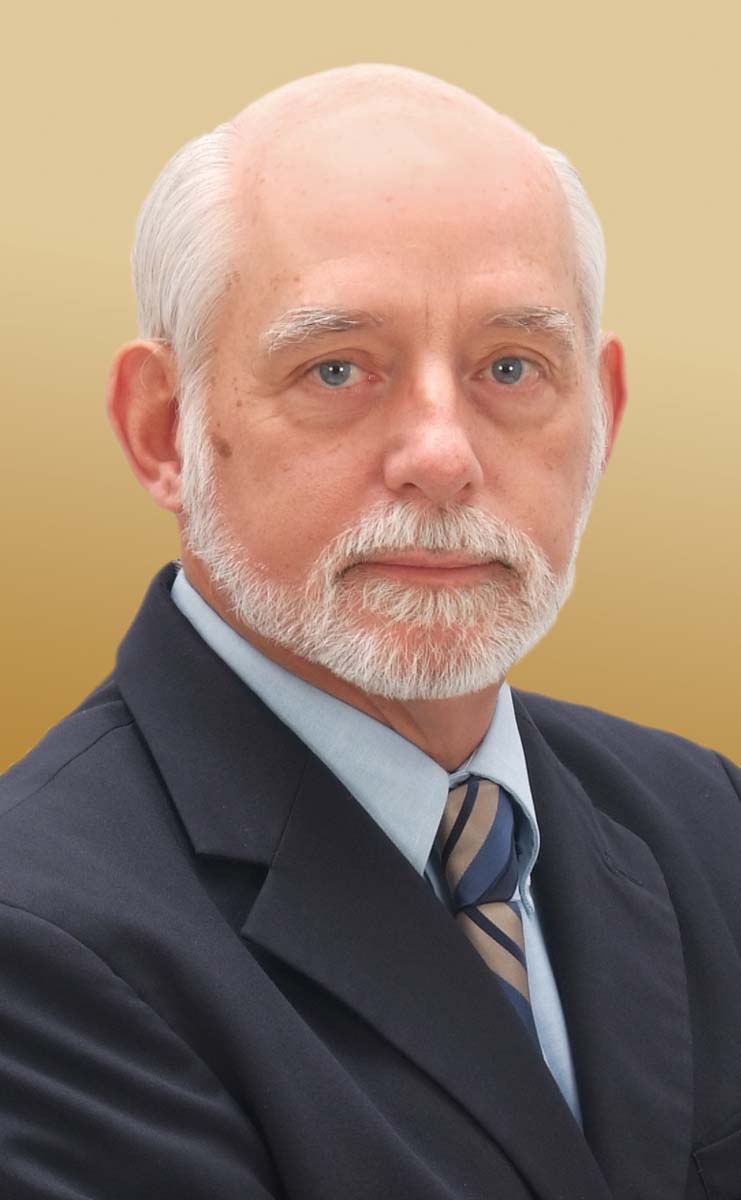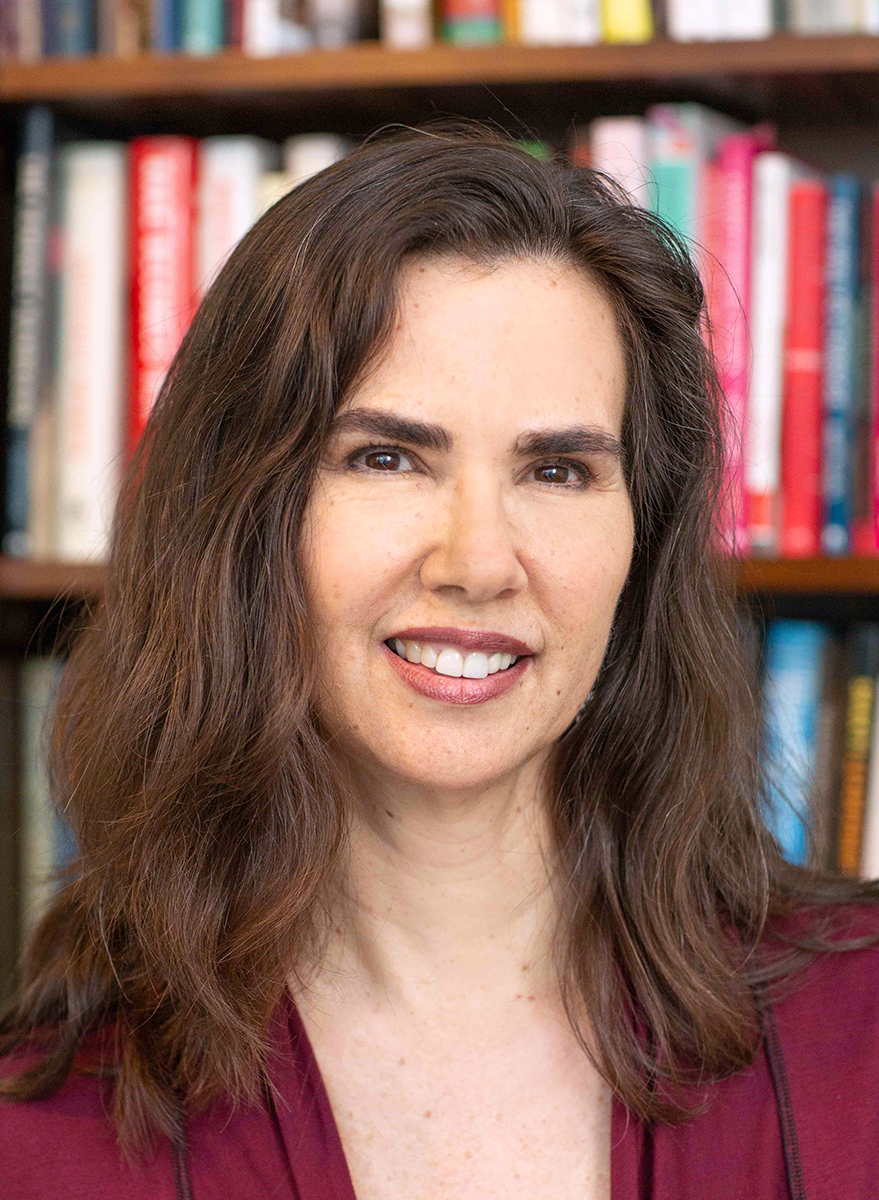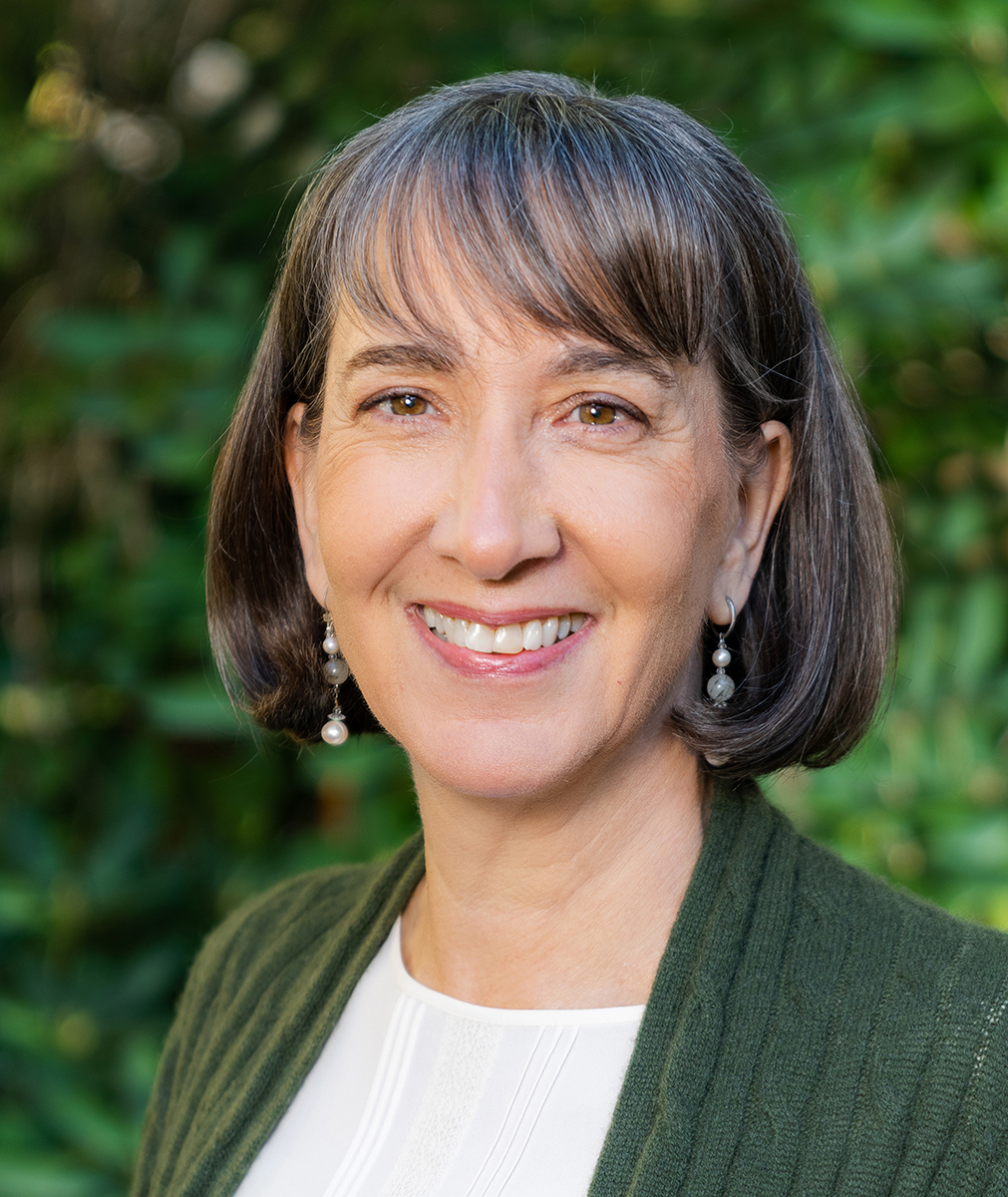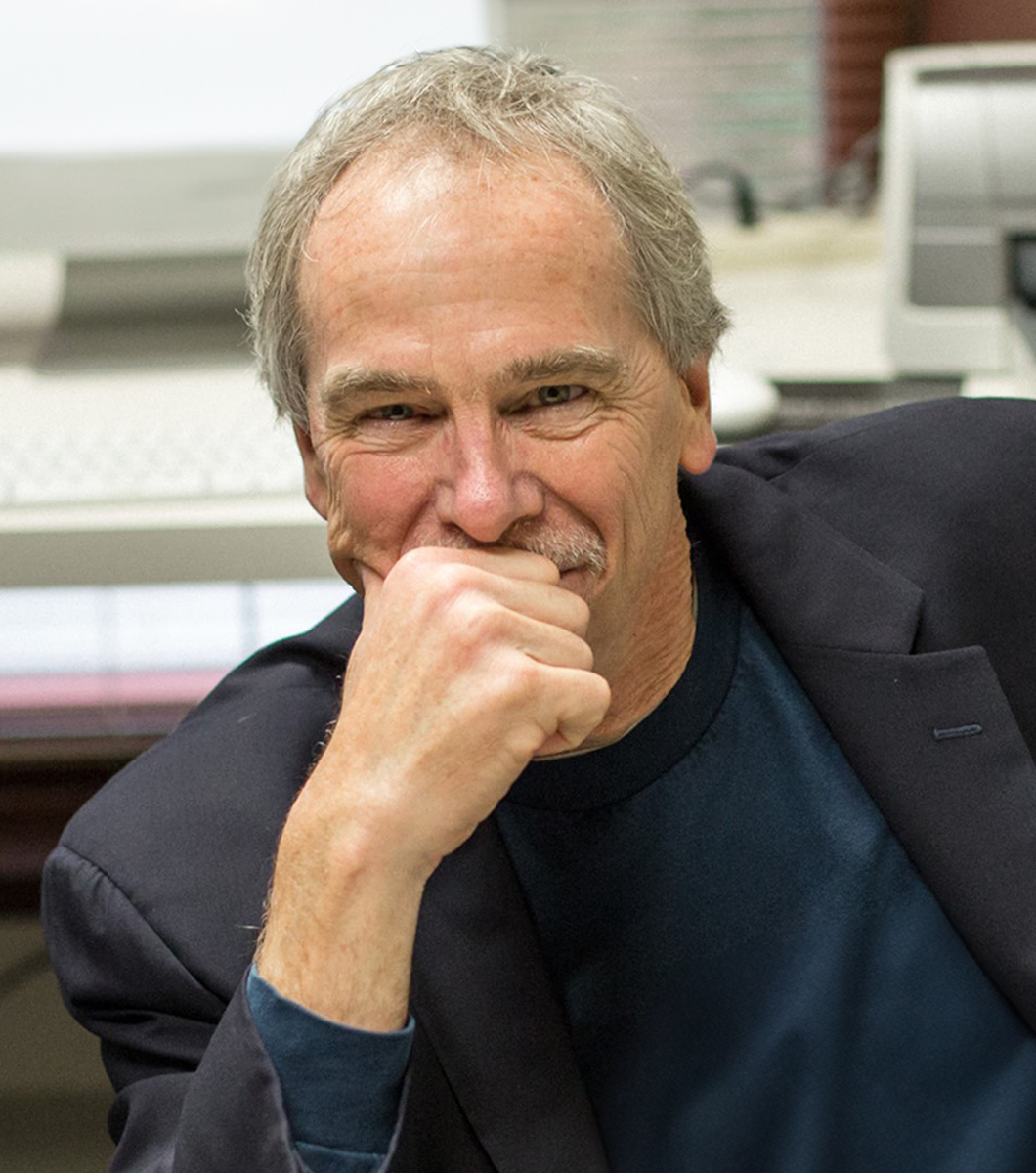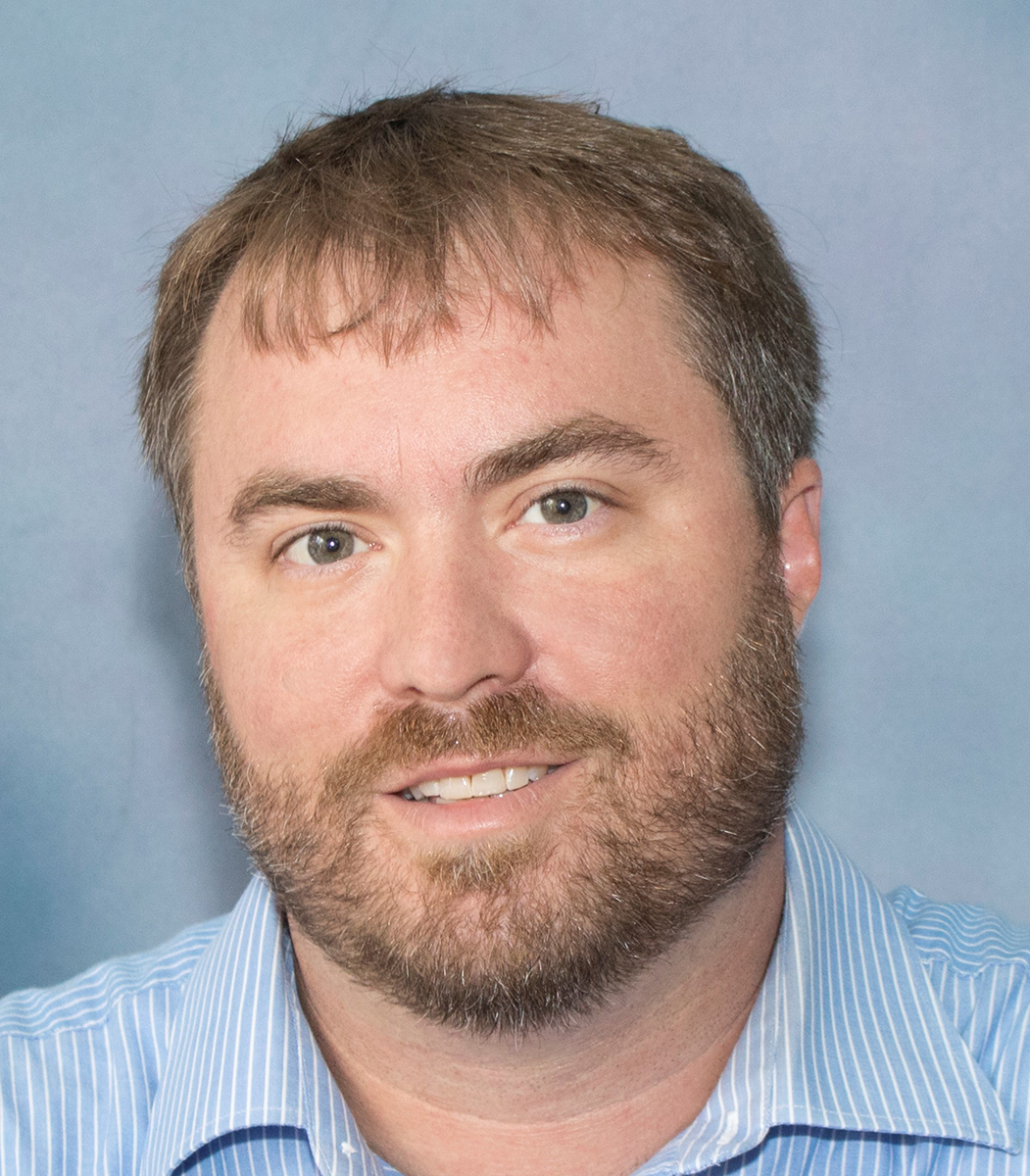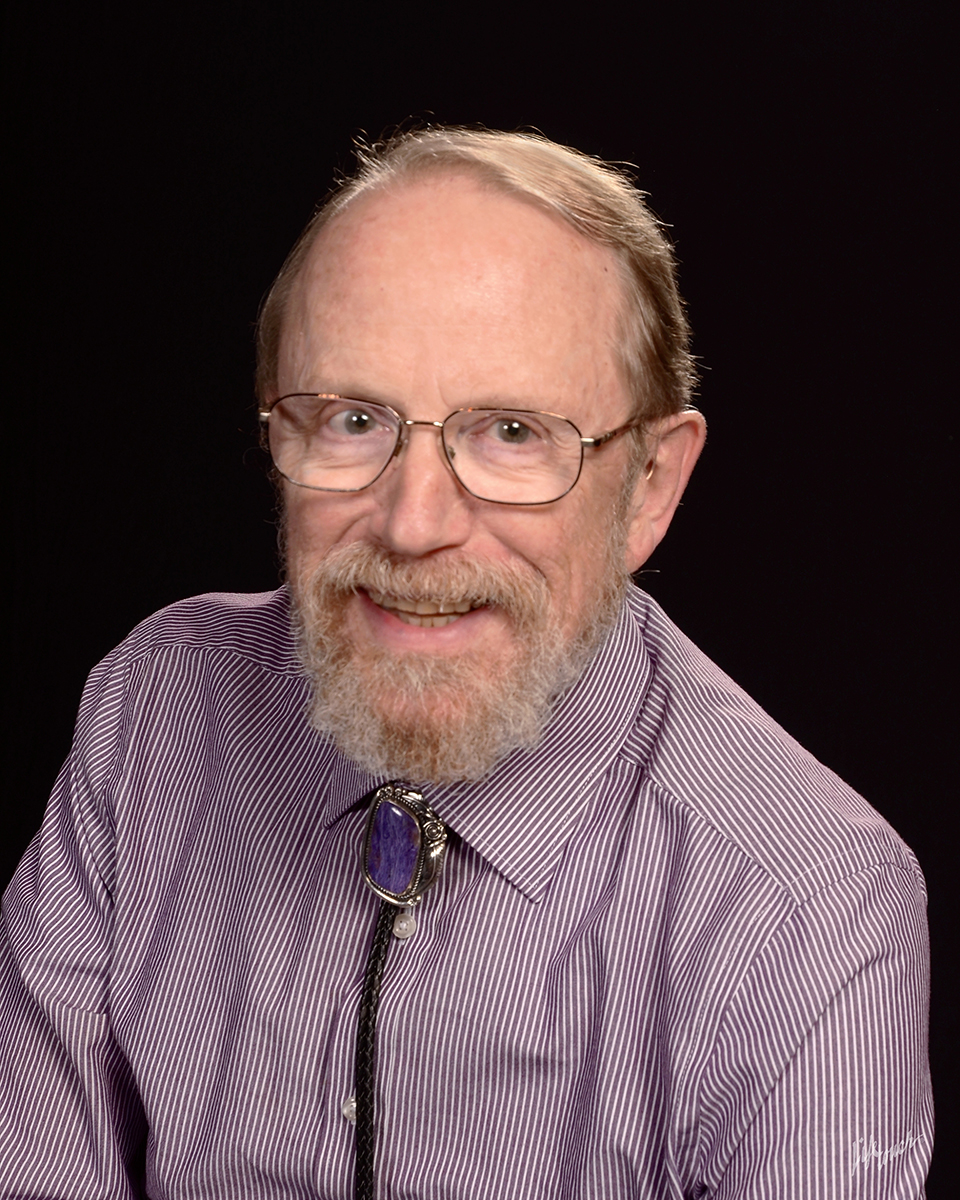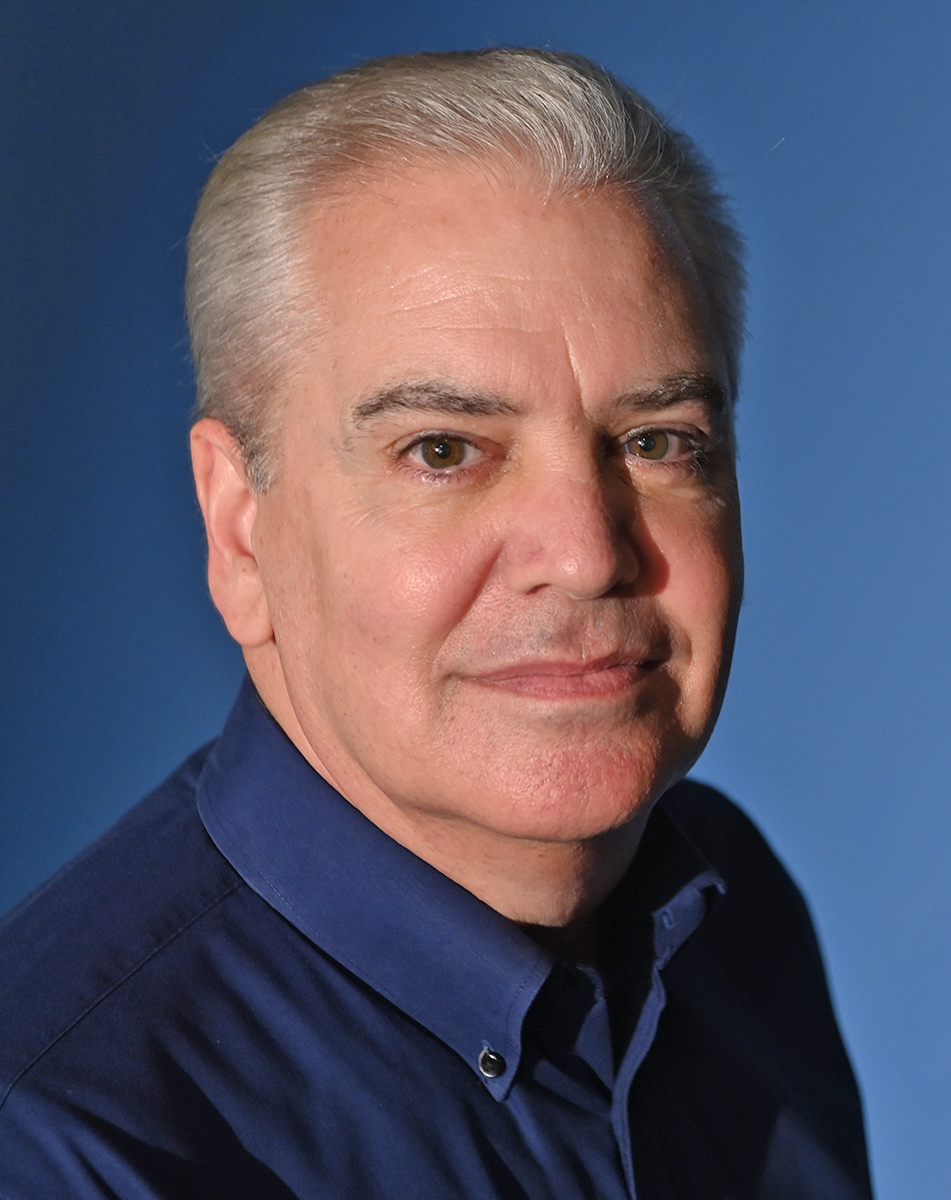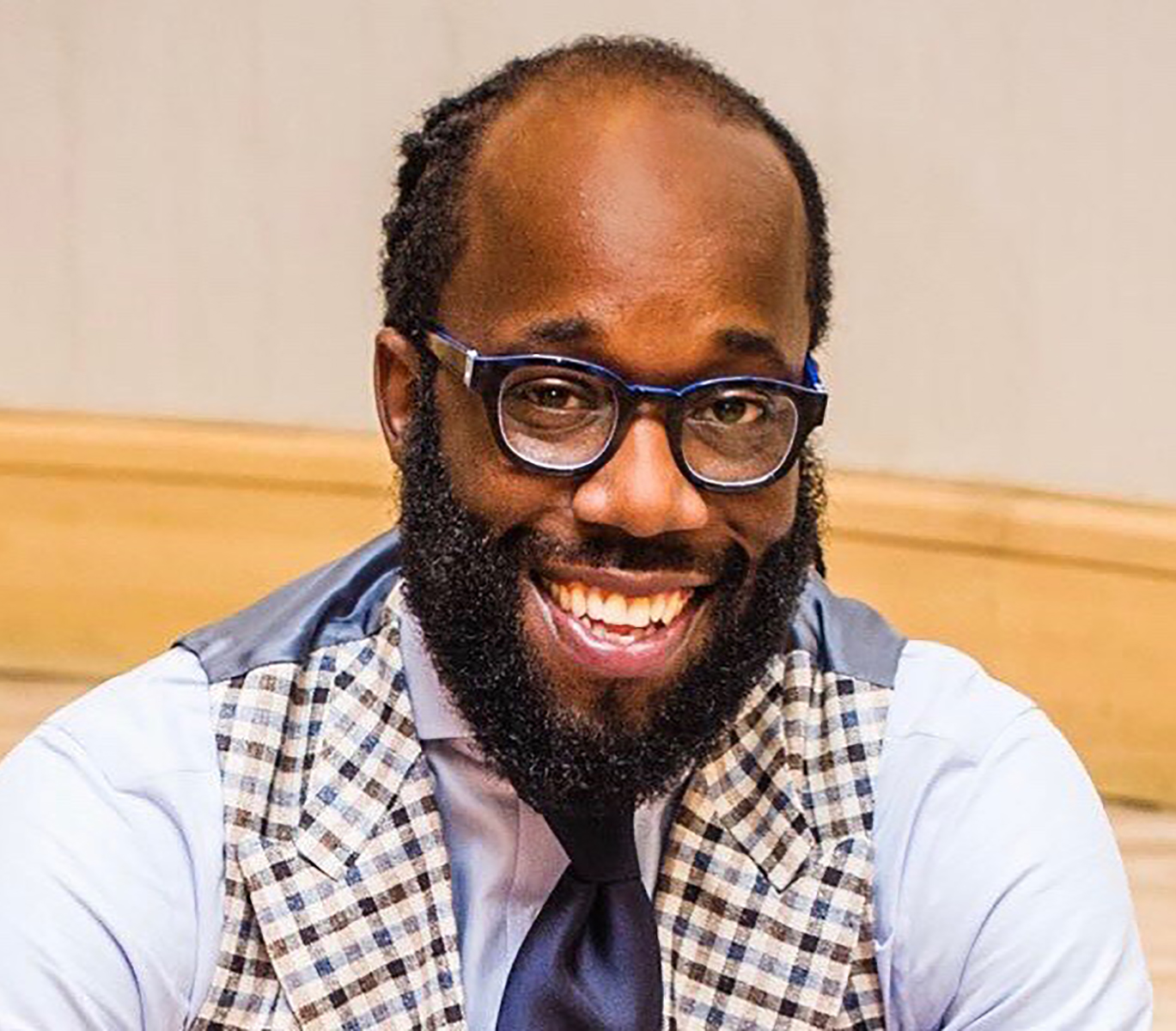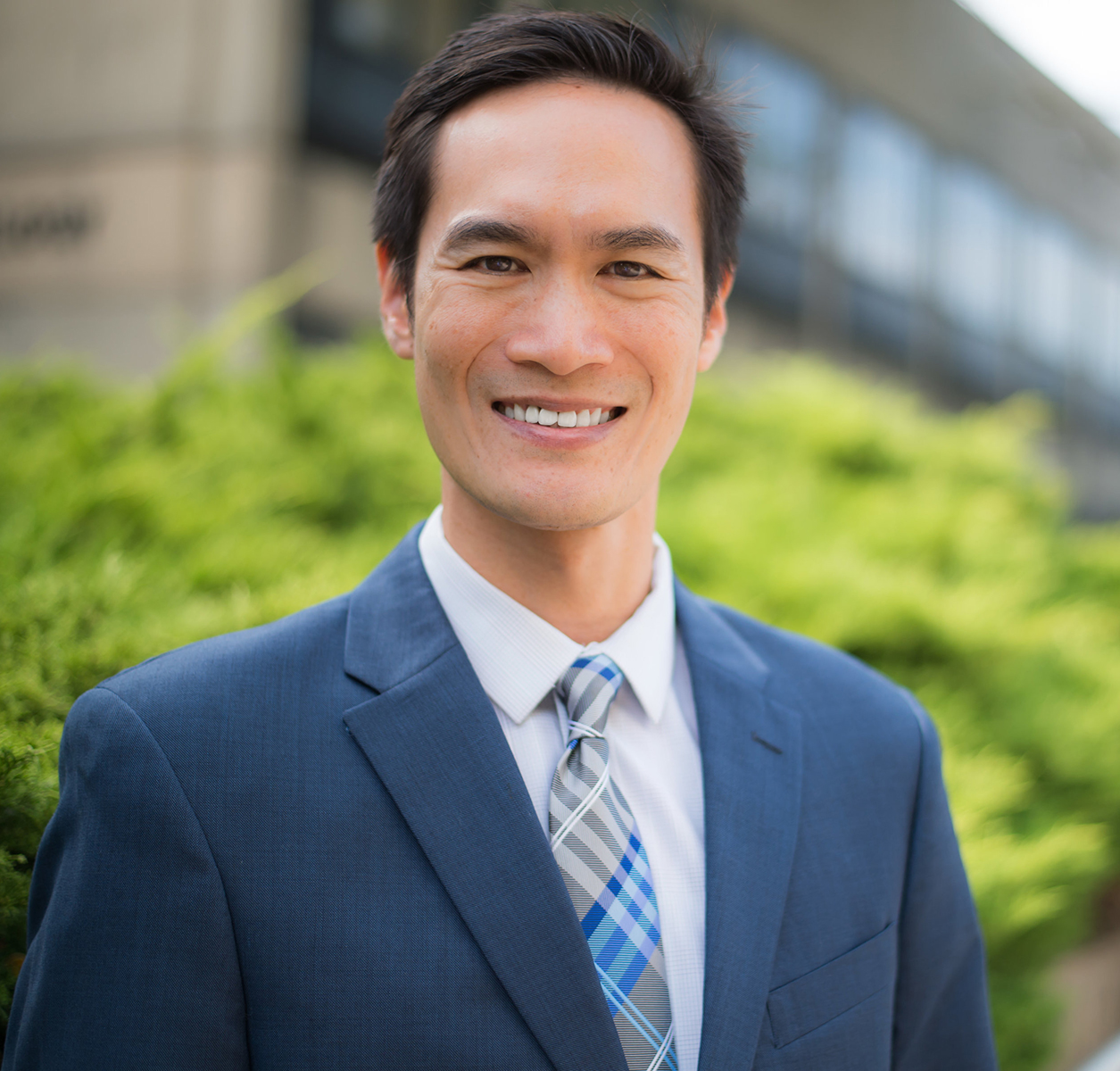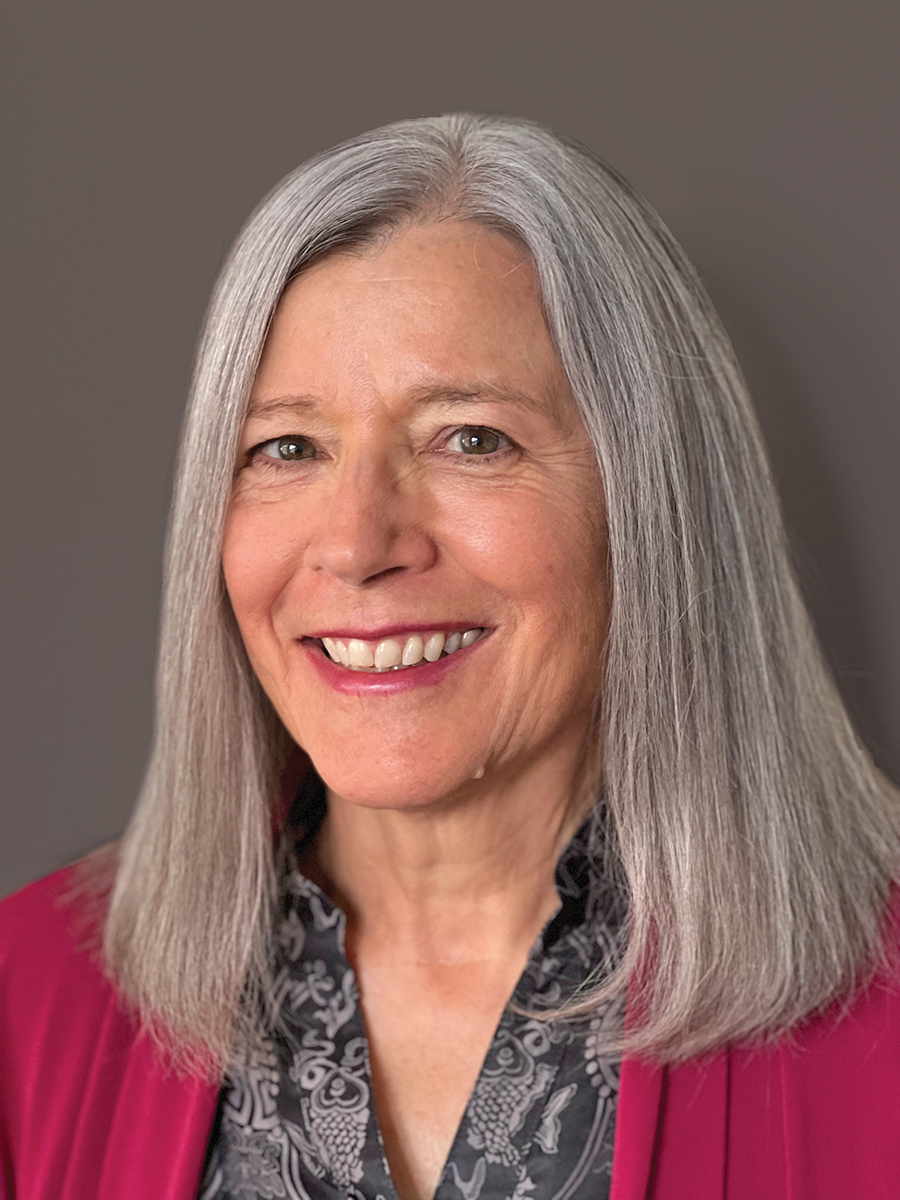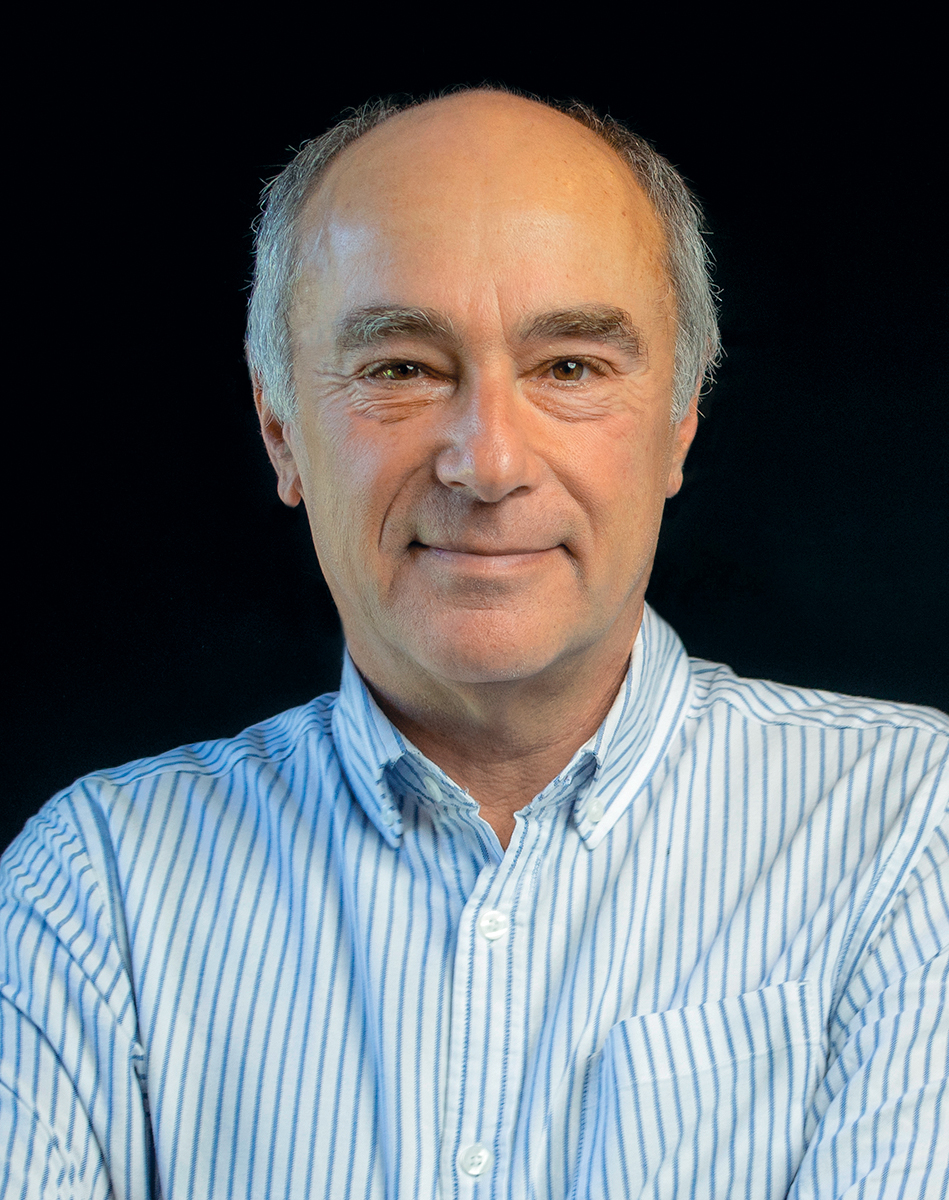Q&A with the Author
- The Coronavirus pandemic is difficult for everyone. Families with children with ADHD face unique challenges. Do you have any advice or suggestions for helpful resources?
- What made you decide to write this book?
- What was the hardest part of writing it, and what was the easiest?
- What is one important lesson or message you hope readers take away from the book?
- Are there any other books that greatly influenced your writing process and/or your research?
- What led you to your specific area of study (the subject of your book)?
- Tell us one fascinating thing about the topic.
- Are there any common misconceptions about the topic?
- What advances do you hope we will see in the next 10 years?
- What made you decide to go into the field of mental health?
- When you are not working, what do you do for fun?
- What is your all-time favorite book?
- Is there a project that you are excited to work on next? (A presentation, a workshop, writing another book, etc.)
Helpful Resources
The Coronavirus pandemic is difficult for everyone. Families with children with ADHD face unique challenges. Do you have any advice or suggestions for helpful resources?
These are unprecedented times for which we have no research that seems directly applicable. However, there are many strategies for children with ADHD that are highly effective in “typical times,” and are perhaps even more pertinent now. Here are five useful tips for helping kids with ADHD cope during the coronavirus pandemic.
Tell us more about your latest book!
What made you decide to write this book?
Taking Charge of ADHD, Fourth Edition is an updated edition of I book I wrote more than 20 years ago. I wrote it to keep parents as up to date as possible about the research findings on ADHD and what it all meant for their understanding and managing the child’s ADHD. So much research had been done since the last edition (1200 articles a year!) that I felt it was time for an update. This was especially necessary given all the recent research on the serious health consequences of ADHD for children and adults it if is not managed properly. New sections were added to address those issues, while others were brought up to date with the latest findings and management tools.
What was the hardest part of writing it, and what was the easiest?
Pouring through all the latest research and drawing out the most meaningful findings for parents requires a lot of effort and is always time consuming. The easiest part for me is then simply writing it up and revising.
What is one important lesson or message you hope readers take away from the book?
ADHD is not the result of bad parenting, poor schools, or other social factors but is now recognized as a neurodevelopmental disorder. In short, parents don’t cause ADHD. And, there are many, many things they can do to manage it so it doesn’t impair their child’s life and functioning in various domains. While I am honest with parents that it is a persistent disorder, I tried to instill hope in parents that ADHD is among the most effectively managed disorder in psychiatry because of all the management tools and medicines we have available.
Are there any other books that greatly influenced your writing process and/or your research?
Probably my own 700+ page professional textbook on ADHD. It contains chapters from world experts on each topic. I was able to draw on their findings, as well as my own, to create the most helpful guide for parents.
We are interested in learning more about your expertise.
What led you to your specific area of study (the subject of your book)?
I met an incredibly good child clinical psychologist, Donald Routh, Ph.D., while a junior in college at UNC Chapel Hill studying both psychology and biology and became his research assistant to help him with a grant studying ADHD. I then became his honors student and after graduating continued to do my Masters and Doctoral research on this same topic. That was 47 years ago and I am still at it.
Tell us one fascinating thing about the topic.
ADHD fascinates me because it is not an attention disorder but one of self-regulation. To fully understand ADHD, we must first understand how and why some children develop typical self-regulation while other children do not. In some of my professional books, I outline a theory of self-regulation and then apply it to ADHD. Understanding typical and atypical self-regulation is very beneficial for parents of children with ADHD.
Are there any common misconceptions about the topic?
Yes, that ADHD is due to the fast pace of our culture, sugar, or too much screen time, is simply is a myth. I address all of them in the book, and others.
What advances do you hope we will see in the next 10 years?
Advances in the study of the genetic components of ADHD are moving rapidly, as is the practice of neuroimaging (taking pictures of the brain’s activity). Since ADHD arises from both genetic and neurological factors, researchers are hopeful that these developments will eventually lead to more advanced testing for ADHD and new medications based on those findings.
What made you decide to go into the field of mental health?
Meeting and working for that incredibly supportive child psychologist at UNC as I noted above.
Now a little bit about you…
When you are not working, what do you do for fun?
I read a lot, play golf, hold wine tastings, exercise, and spend time with my grandchildren.
What is your all-time favorite book?
It’s hard to choose just one as at different points in my life some books were very influential. My earliest favorite as I was serving in the military in Vietnam was Ayn Rand’s Atlas Shrugged, which lead me to read all of her work. That later led me into the more scholarly writings of libertarians like Murray Rothbard and the Austrian School of Economics developed by Ludwig Von Mises and others. As an undergraduate, it was originally Skinner’s Science and Human Behavior. Then later while on my internship, it was Jacob Bronowski’s Ascent of Man. I have always had a keen interest in evolution generally and human evolution specifically and have since read several hundred books on it. I also loved that, like Carl Sagan and Richard Dawkins later on, Bronowski was a major scientist and thinker but took time from his work to disseminate science to everyday people. That is something I have tried to do throughout my career thanks to their willingness to “stoop” to informing the general public on science; something few scientists choose to do. Even later, while developing my theory of self-regulation and executive functioning the book that most influenced me was Ludwig von Mises Human Action, which while it is a book on economics is also just as much a psychology textbook. That book and his theory tell us why we are having and will continue to have severe economic problems because of government involvement in our markets and financial system and hence the daily interactions of people.
Is there a project that you are excited to work on next? (A presentation, a workshop, writing another book, etc.)
I have just finished a new book also for parents, called 12 Principles for Raising a Child with ADHD. It was an effort to distill from my 43 years of professional work, hundreds of research studies, thousands of other research papers, and clinical work with hundreds of families into the 12 best ideas that parents need to know to understand and manage ADHD. As my career draws to closure, I wanted to preserve the essential elements and discoveries from my life’s work.
See all titles by and read more about Russell A. Barkley on his author page!
